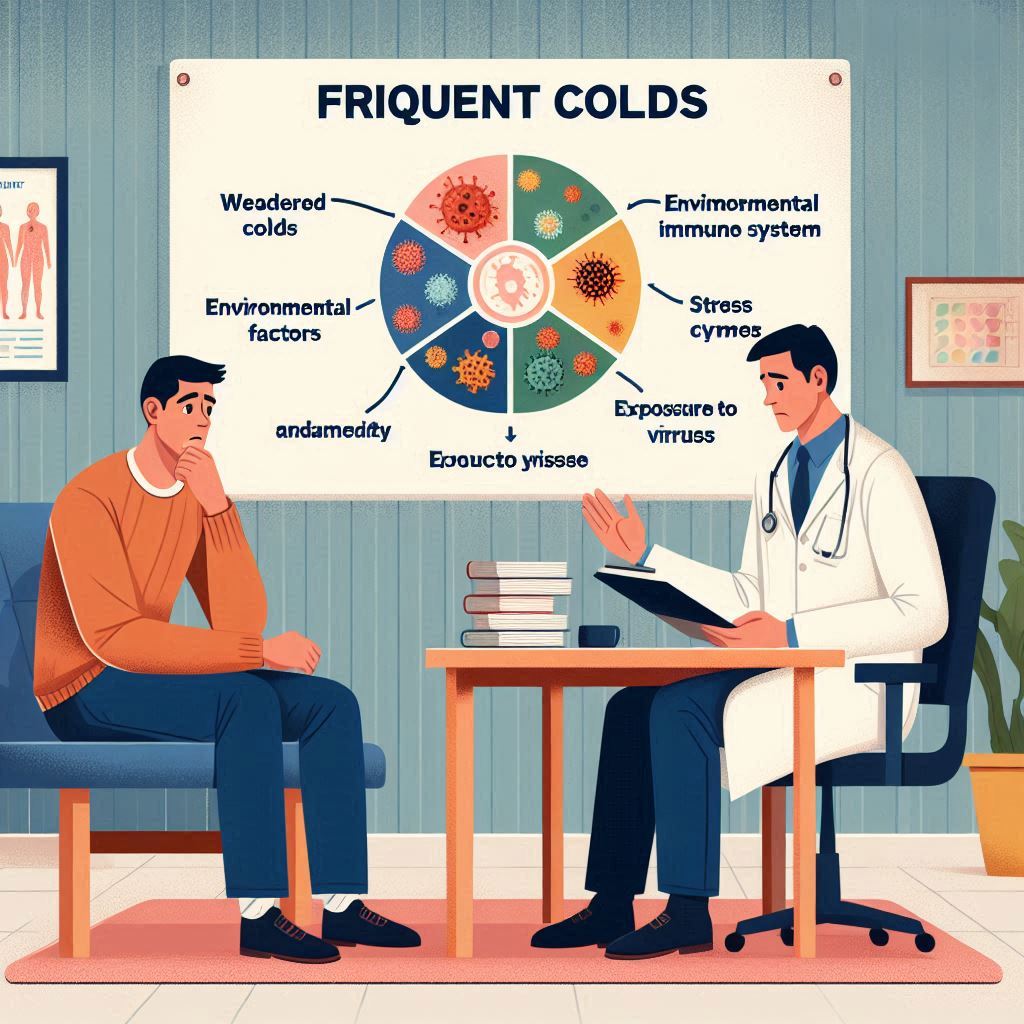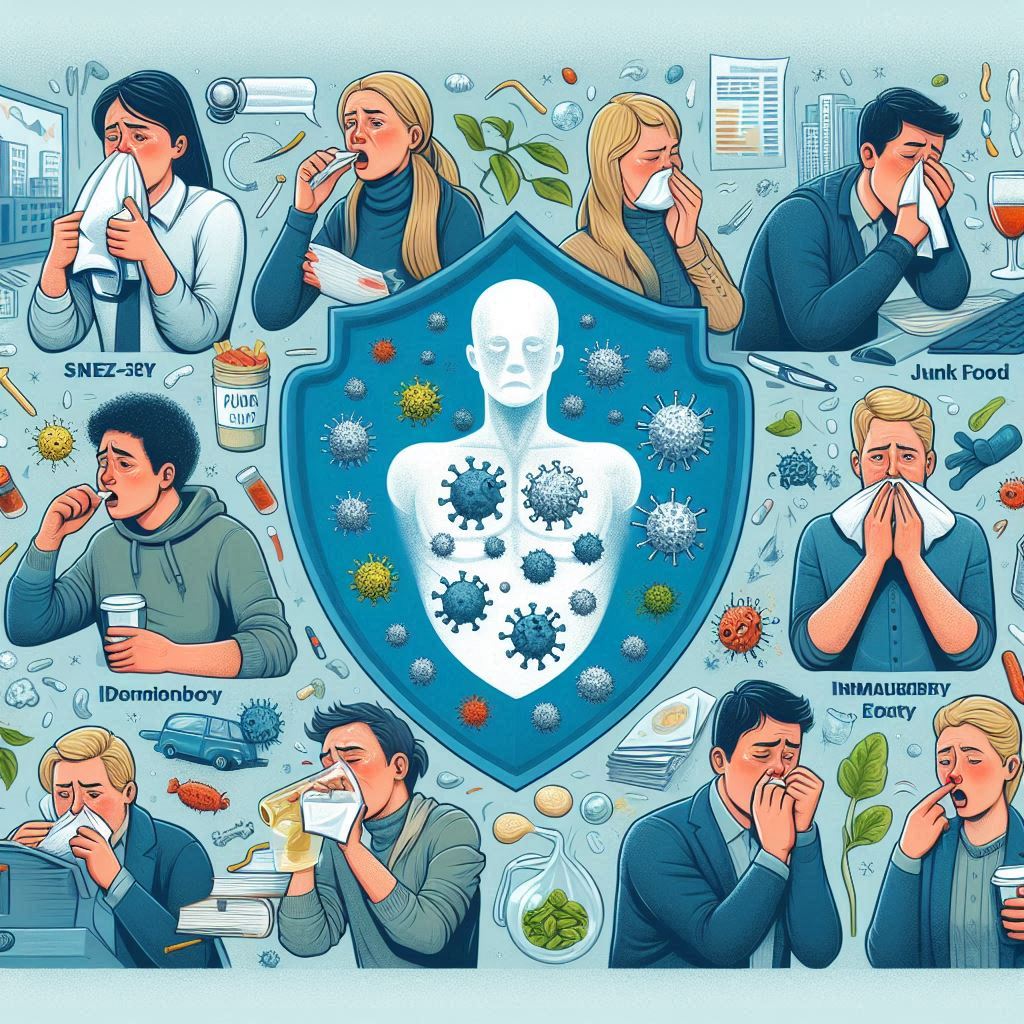Blog Details
Recent posts
Persistent Cough: When a Common Cold Becomes a Concern

- 25-February-2025
- 26 Likes
Dr. Chetan K. Ganteppanavar: Persistent Cough – When a Cold Worsens
We all know the drill: the sniffles, the scratchy throat, the cough that just won't quit. Most of the time, a cold or cough gets better in a week or two. But sometimes, things don't go as planned. These everyday illnesses can sometimes turn into something more serious. Dr. Chetan K. Ganteppanavar explains what can happen and when we should see a doctor.
Short-Term Problems: More Than Just a Sniffle
While most colds and coughs disappear on their own, they can sometimes cause other issues in the short term, such as:
- Sinus Trouble: That stuffy nose and pressure in our face? It could be a sinus infection (sinusitis).
This often happens after a cold and can give us a headache, facial pain, and thick, colored mucus.
- Earaches: Kids especially get ear infections when they have a cold. This happens when the tube connecting the middle ear to the throat gets blocked.
- Chest Congestion: A cough that just won't go away? It might be bronchitis, an infection in our lungs' airways. This gives us a nagging cough, often with mucus, and can make our chest feel tight.
Long-Term Problems: When Things Drag On
Sometimes, a cold or cough can lead to longer-lasting health problems:
- Pneumonia: This is a serious lung infection. It can happen after a cold or flu. we'll likely have a high fever, chills, a really bad cough (sometimes with phlegm), and trouble breathing. This needs a doctor right away.
- Asthma Trouble: If we have asthma, a cold can trigger an attack, making
- wheeze cough, and struggle to breathe.
- Cough That Sticks Around: Sometimes, a cough hangs on for weeks or even months after a cold is gone. It's annoying, but usually gets better on its own.
Dr. Chetan K. Ganteppanavar's Advice
Most cold and cough problems get better without a doctor. But Dr. Chetan K. Ganteppanavar says you should see a doctor if we have any of these:
- High fever (over 103°F in adults or 102°F in kids)
- Trouble breathing or feeling short of breath
- Chest pain
- Really bad headache or face pain
- Cough that lasts longer than two weeks
- Thick, colored mucus
- Ear pain or fluid coming out of your ear
- Symptoms getting worse
Stopping a Cold Before It Starts
The best way to avoid these problems is to not get sick in the first place. Dr. Chetan K. Ganteppanavar suggests washing our hands often, staying away from people who are sick, and getting enough rest. Flu shots are also a good way to stay healthy during flu season.
Recent Post

Why Do Some People Catch Colds More Often?
- 19 November 2024
Catching a cold is one of the most common illnesses people experience, yet some individuals seem to be more susceptible to colds than others. While occasional colds are normal, frequent bouts can indicate underlying factors that go beyond bad luck.

Cough and Cold: Understanding the Basics
- 21 August 2024
Coughs and colds are common conditions that most people experience at some point. While they often occur together, they have distinct causes and symptoms. Understanding these differences can help you manage and prevent them more effectively.